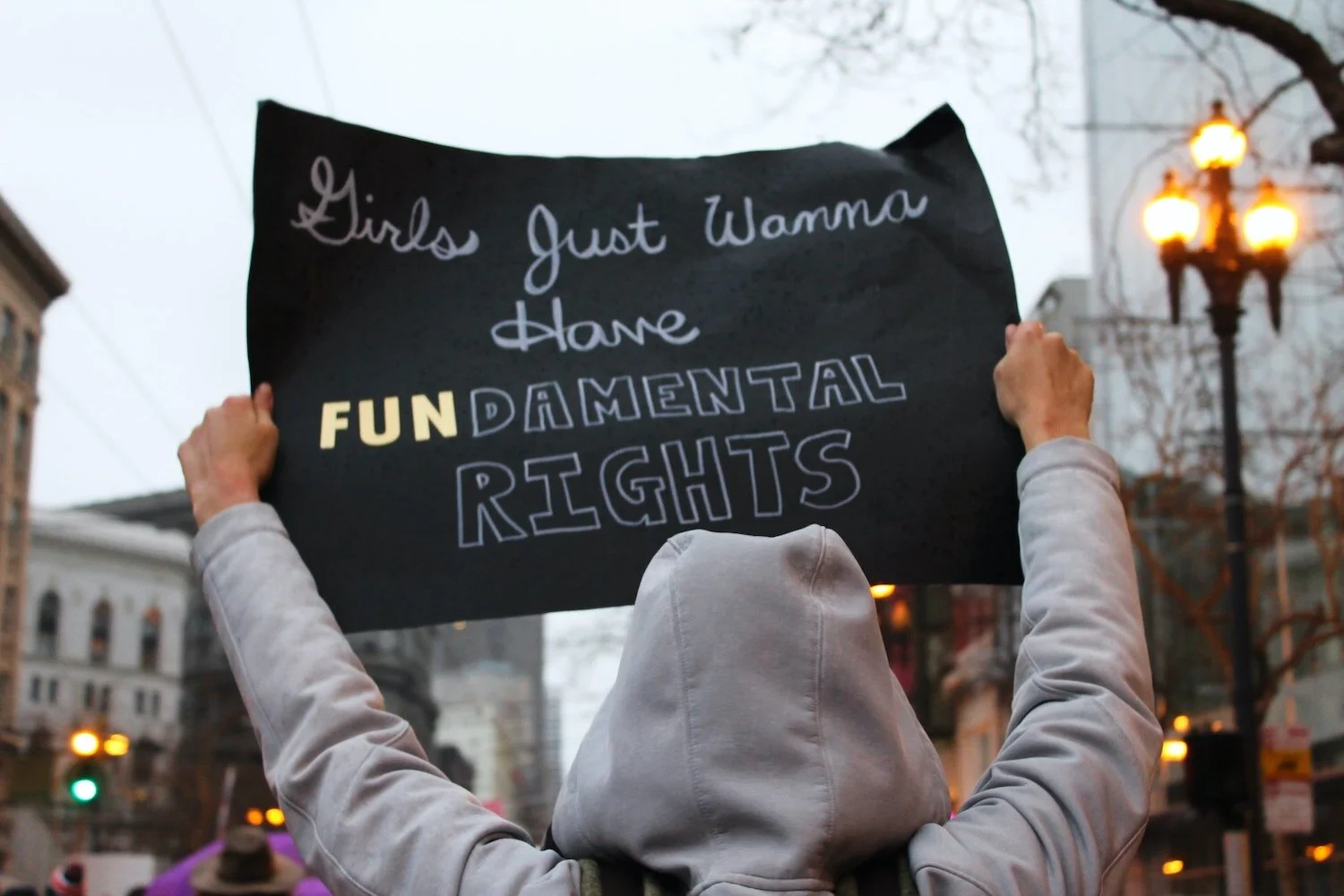Earlier this year, we talked about how to invest in gender equity and how this pandemic has had a disproportionately negative effect on women. With Texas’ anti-abortion law SB8 taking effect last week, it’s a good time to revisit gender equity and talk about the economics behind abortion access.
Abortion rights are a key component of reproductive rights and achieving gender equity. Increasing abortion access is unsurprisingly also beneficial for individual corporations as well as the overall economy. “Recent research by the Institute for Women’s Policy Research estimates that state-level abortion restrictions cost the U.S. economy $105 billion annually. Depending on the state, the existing abortion restrictions cost states from hundreds of millions to even billions annually by reducing labor force participation and earnings levels and increasing turnover and time off from work among women 15 to 44 years old.” Furthermore, “54% of men ages 18 to 44 say they also would be discouraged from taking a job in a state that has recently tried to restrict abortion access. A majority of women (56%) say they would not even apply to a job in a state that has recently banned abortion.”
Since this post was written, only a handful of companies have spoken out against SB8 such as Austin-based Bumble CEO Whitney Wolfe Herd and Texas-based Match Group CEO Shar Dubey. Texas hasn’t received the same backlash that accompanied recent discriminatory legislation in other states. Think North Carolina when it passed a law barring cities from banning LGBTQ discrimination in 2016 or earlier this year when Georgia passed a set of voting restrictions. Where is the corporate uproar now? Why have companies largely stayed silent this time around? Not only have companies been silent, but it’s notable that 7 large companies donated more than $100,000 each to the sponsors and cosponsors of Texas’ SB8.
It’s not enough for companies to pay lip service to supporting gender equity. Reproductive rights and access to abortions are integral in achieving gender equity. Companies need to speak up and take action to protect their workers and communities and it’s our responsibility as investors and consumers to hold companies accountable.

